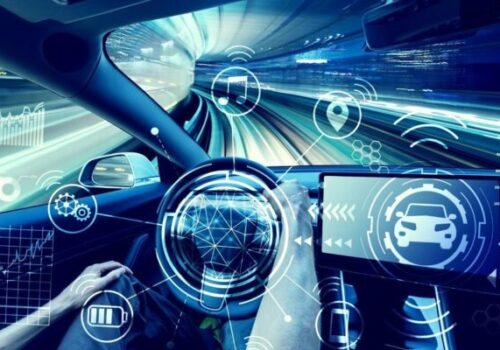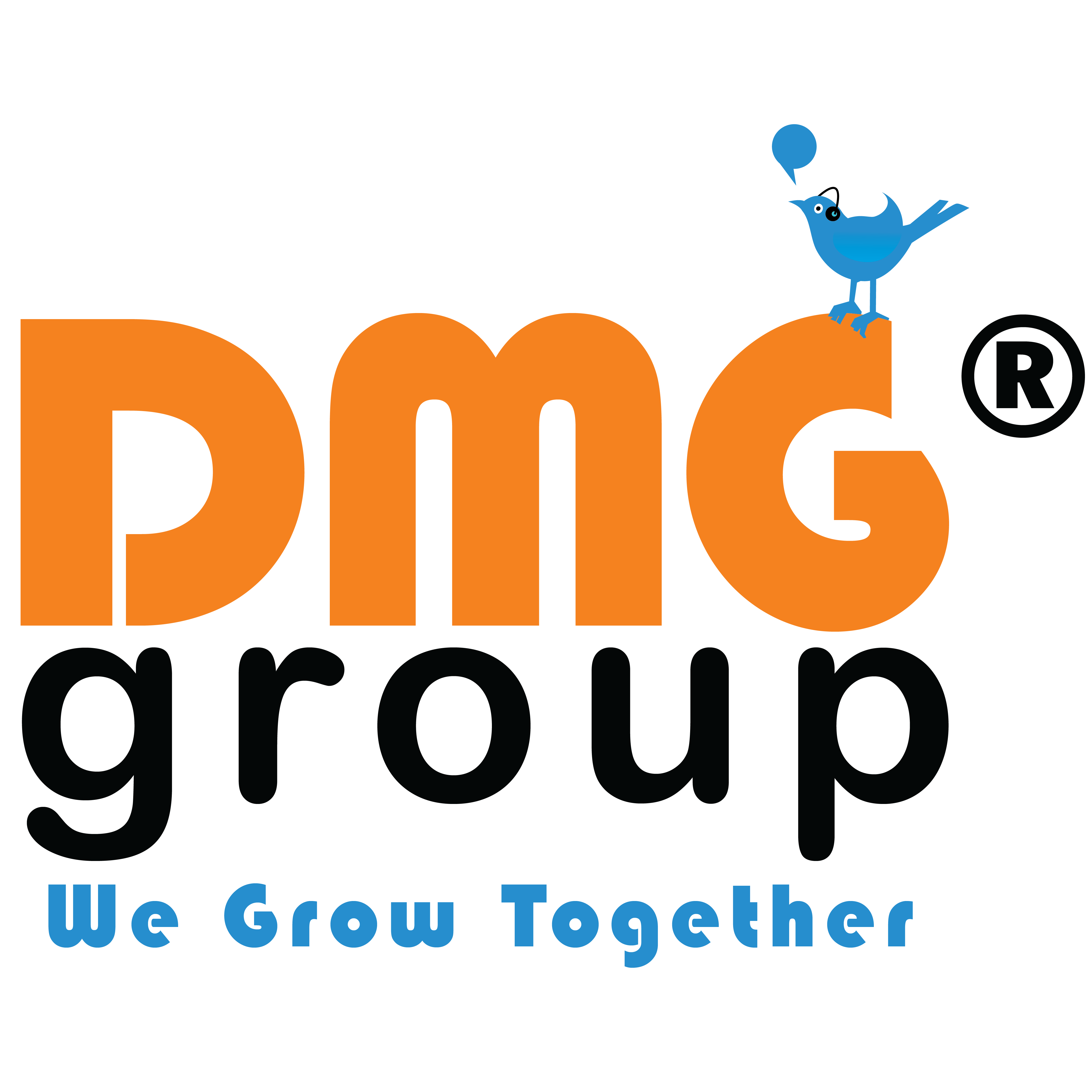Automotive
- Home
- Automotive

Automotive
“The automotive industry is a dynamic sector characterized by constant innovation and technological advancements. From electric vehicles to autonomous driving systems, the industry is undergoing a significant transformation towards sustainability and safety. Manufacturers are increasingly focusing on eco-friendly solutions and integrating cutting-edge technologies to meet the demands of modern consumers. With the rise of connectivity and smart features, vehicles are becoming more than just means of transportation.”
Automotive Industry Overview:
– The automotive industry encompasses the design, development, manufacturing, marketing, and selling of motor vehicles.
– It includes a wide range of vehicles, from cars and trucks to motorcycles, buses, and commercial vehicles.
– The industry plays a crucial role in global economies, contributing to employment, technological innovation, and infrastructure development.
Key Components of the Automotive Industry:
– Original Equipment Manufacturers (OEMs): Companies responsible for designing and producing vehicles, such as Toyota, Ford, and Volkswagen.
– Automotive Suppliers: Manufacturers of components and parts used in vehicle assembly, including engines, transmissions, tires, and electronics.
– Dealerships: Retailers that sell new and used vehicles to consumers, providing maintenance and repair services.
– Aftermarket: Companies offering accessories, parts, and services for vehicles post-purchase, including customization, maintenance, and repair.
Trends and Innovations in the Automotive Sector:
– Electric Vehicles (EVs): Growing demand for electric cars driven by environmental concerns and advancements in battery technology.
– Autonomous Vehicles (AVs): Development of self-driving cars equipped with sensors, AI algorithms, and advanced driver-assistance systems (ADAS).
– Connectivity: Integration of internet connectivity and smart features into vehicles, enabling navigation, entertainment, and remote monitoring.
– Shared Mobility: Rise of ride-sharing services, car-sharing platforms, and subscription-based models impacting traditional car ownership patterns.
Challenges Facing the Automotive Industry:
– Regulatory Compliance: Adapting to evolving emissions standards, safety regulations, and trade policies in different regions.
– Supply Chain Disruptions: Managing disruptions caused by natural disasters, geopolitical tensions, and global supply chain dependencies.
– Technological Complexity: Addressing cybersecurity risks, software updates, and interoperability issues in connected and autonomous vehicles.
– Market Competition: Navigating intense competition from established players, new entrants, and disruptive technologies reshaping the industry landscape.
Future Outlook and Opportunities:
– Shift towards Mobility-as-a-Service (MaaS) models offering integrated transportation solutions.
– Embrace of alternative propulsion systems such as hydrogen fuel cells and biofuels alongside electric powertrains.
– Continued investments in research and development for next-generation vehicles and mobility solutions.
– Collaboration between automotive companies, tech firms, and government agencies to accelerate innovation and address societal challenges.

